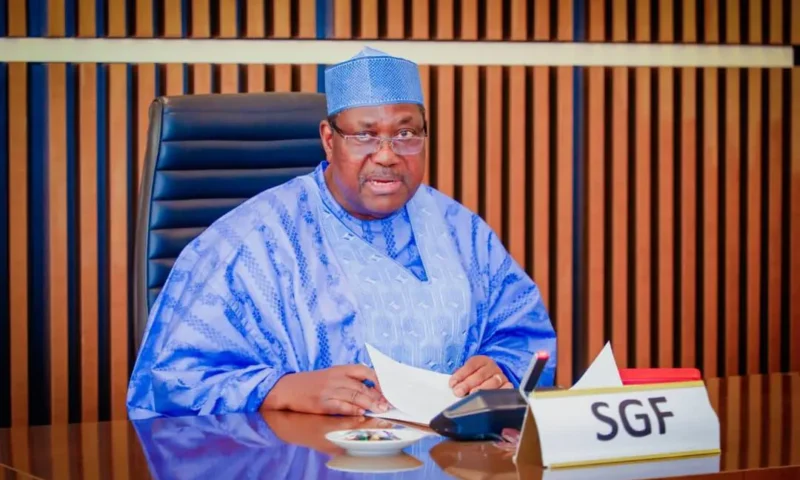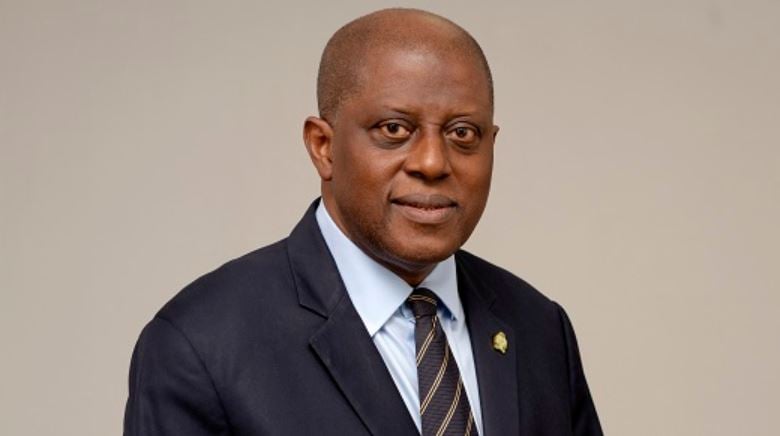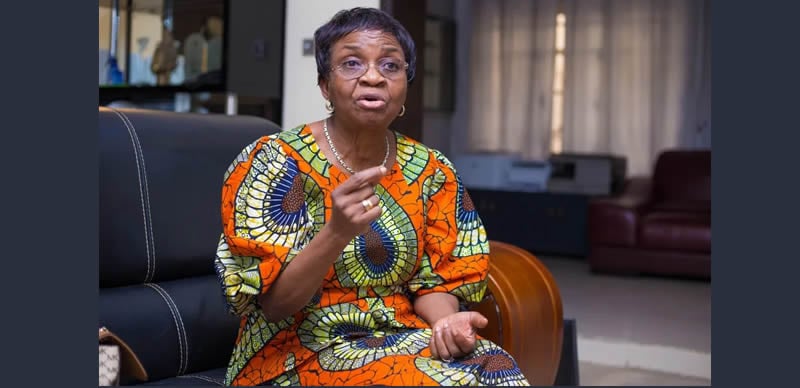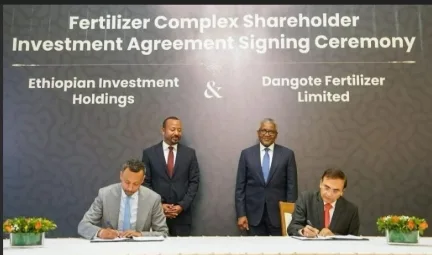 Nigerians and other immigrants in the United Kingdom are increasingly living in fear as the country, once considered a haven of opportunity, faces a surge in racism and sweeping immigration crackdowns.
Nigerians and other immigrants in the United Kingdom are increasingly living in fear as the country, once considered a haven of opportunity, faces a surge in racism and sweeping immigration crackdowns.
Saturday PUNCH findings revealed that Nigerians, now the second-largest non-European immigrant group in Britain, are confronting a double bind: the rise of hate behaviour, including racism within British institutions, and new restrictive visa rules that may upend thousands of lives.
According to the UK Office for National Statistics, about 120,000 Nigerians were living in the UK as of June 2024, second only to Indians.
Of these, more than 52,000 migrated for work and education opportunities in 2024 alone.
Yet, with tightening laws and increasing hostility, many now fear the “British dream” is slipping away.
BBC Panorama exposé: Racism in the Met
The sense of insecurity deepened last week after a BBC Panorama investigation uncovered racist and misogynistic conduct among officers of the London Metropolitan Police.
Undercover reporter Rory Bibb, who worked for seven months in Charing Cross Police Station in Central London, secretly filmed officers sharing racist views about immigrants and Muslims, making sexualised comments, joking about rape in private chats, and even suggesting shooting migrants.
The exposé, which follows years of criticism of the Met’s culture after scandals such as the 2021 murder of Sarah Everard by serving officer Wayne Couzens, prompted an apology from Commissioner Mark Rowley.
British Prime Minister Keir Starmer, also demanded a “robust response” from police leadership, while London Mayor Sadiq Khan described the footage as “sickening.”
He vowed zero tolerance for racism, misogyny, and abuse of power.
Khan, in a public letter, said, “It was sickening to watch police officers — those who are tasked with keeping our communities safe — display such blatant racism, misogyny, anti-Muslim hatred and excessive use of force. There must be no hiding place for officers who abuse their position of trust.”
Nigerians speak of ‘dangerous streets’
For many Nigerians, the revelations simply confirmed what they already felt on the streets.
A UK-based Nigerian legal practitioner, Dele Olawanle, expressed dismay over what he called a sharp decline in Britain’s tolerance.
He urged “true Brits” to resist the rise of racist tendencies.
“The streets are now dangerous. We are afraid to go out at night, walking with trepidation during the day, and beginning to distrust each other. Every white man is now a suspect. We don’t know who to trust. We are at war,” Olawanle wrote in a public statement.
He also warned that racism was seeping into institutions as he recalled losing six consecutive cases before one judge, only to later win them on appeal.
“If racism enters the courts, justice will no longer be based on law but on the colour of our skin,” he said.
Another Nigerian, Victor Emmanuel, said racisim was not peculiar to the Charing Cross Police Station.
He added, “This is what happens at all police stations all around the country and black & ethnic minorities in the country are not surprised by what was discovered. It’s what they experience when they encounter the police.”
Labour’s immigration clampdown
Alongside racism, new immigration policies are heightening anxiety.
At the ruling Labour Party’s annual conference in Liverpool, Interior Minister Shabana Mahmood announced that migrants seeking indefinite leave to remain — the gateway to permanent residency — must meet stricter conditions.
The conditions include having a job, making social security contributions, claiming no benefits, maintaining a clean record, and undertaking community volunteer work.
Currently, migrants who have lived in the UK legally for five or 10 years, depending on visa type, qualify for indefinite leave.
But Labour is tightening rules as it seeks to counter the growing popularity of Nigel Farage’s Reform UK Party, which has surged ahead in national opinion polls on a strongly anti-immigrant platform.
Reform has proposed abolishing permanent residency altogether, forcing migrants to reapply for visas every five years.
Mahmood told party delegates that the changes were designed to reassure voters that the government could “control borders” without conceding ground to the far right.
Critics, however, argue that the rules target hard-working migrants while fuelling division.
The policy shift follows earlier changes introduced in July 2025 that raised the salary thresholds for Skilled Worker visas to £41,700 for most roles, and £25,600 for health and care positions.
The government also increased the minimum skill level for foreign workers to degree-level jobs, cutting out lower-skilled but essential roles such as entry-level IT, admin, technical support, and care supervisors.
These positions were previously eligible under the Certificate of Sponsorship (CoS) route but now face stricter restrictions unless listed as “shortage occupations.”
Saturday PUNCH learnt that the changes have left many Nigerians stranded, with some losing jobs or sponsorships overnight.
Others are resorting to the “self-sponsorship” route, which requires salaries well above the £41,700 threshold — an unrealistic option for most.
Several Nigerians shared harrowing experiences of navigating the new reality.
Margaret, who has lived and worked in the UK for four years, said she was told her Certificate of Sponsorship was invalid despite having the proper documents.
“Even if they are targeting us immigrants, they should do so appropriately and not use every means to send us away. It is painful that there is no one to fight for us in this situation,” she said, adding that she had taken her case to court.
Another migrant, Avoseh Pesu, said the new thresholds had turned life into a “war of stay.”
“Companies do not even want to recruit foreigners again because of the £41,700 salary plan. People are considering returning home, while some have been forced to go home. I am so tired. If it persists this way, I could return home,” he said.
Wusi Fola, another Nigerian, said the proposed residency requirements would worsen the situation.
He said, “The new rules are too much for us immigrants. I know many Nigerians will panic. But I will advise that people wait to see how things unfold.”
Experts warn that the clampdown could trigger a reverse migration of Nigerians from Britain.
A Nigerian-UK dual citizen, who spoke on condition of anonymity, described the crackdown as politically motivated.
“It is not easy again in this country. No one is safe in the books of the government at this point,” he said.
A travel consultant and education services executive, Sulaimon Okewole, told Saturday PUNCH that thousands of Nigerians might be forced to leave.
He said, “The significant increase in salary thresholds is a setback for many Nigerians. There’s no doubt thousands could be affected, many of whom may be forced to return home or seek opportunities elsewhere.”
Figures from the UK Home Office show the scale of Nigerian migration: 10,245 Skilled Worker visas were issued to Nigerians in 2021, dropping slightly to 8,491 in 2022, before rising to 26,715 in 2023.
But early 2024 data shows a sharp decline, particularly in the Health and Care Worker category, reflecting the impact of tougher rules.
 Reinstated local government chairmen under the All Progressives Congress, APC, in Osun State have pledged to recall over 1,500 dismissed workers and clear outstanding salary arrears owed to traditional rulers, following the release of withheld federal allocations to councils.
Reinstated local government chairmen under the All Progressives Congress, APC, in Osun State have pledged to recall over 1,500 dismissed workers and clear outstanding salary arrears owed to traditional rulers, following the release of withheld federal allocations to councils.


 Secretary to the Government of the Federation, SGF, George Akume has blasted former Labour Party’s presidential candidate, Peter Obi.
Secretary to the Government of the Federation, SGF, George Akume has blasted former Labour Party’s presidential candidate, Peter Obi.
 Nigerians and other immigrants in the United Kingdom are increasingly living in fear as the country, once considered a haven of opportunity, faces a surge in racism and sweeping immigration crackdowns.
Nigerians and other immigrants in the United Kingdom are increasingly living in fear as the country, once considered a haven of opportunity, faces a surge in racism and sweeping immigration crackdowns.
 The Nigeria Police Force has impounded no fewer than 210 vehicles nationwide during the enforcement of the ban on unauthorised use of tinted glass, despite a Federal High Court order temporarily suspending the enforcement.
The Nigeria Police Force has impounded no fewer than 210 vehicles nationwide during the enforcement of the ban on unauthorised use of tinted glass, despite a Federal High Court order temporarily suspending the enforcement.


 There were sporadic gunshots at the gate of the Edo State command of the Nigerian Drug Law Enforcement Agency on Friday, as men of the service pursued the driver of an articulated truck who hit the vehicle of one of their colleagues.
There were sporadic gunshots at the gate of the Edo State command of the Nigerian Drug Law Enforcement Agency on Friday, as men of the service pursued the driver of an articulated truck who hit the vehicle of one of their colleagues.
 The Governor of the Central Bank of Nigeria, Olayemi Cardoso, has attributed the recent rise in Nigeria’s external reserves to the clearing of the foreign exchange backlog and sustained efforts to improve transparency in the FX market.
The Governor of the Central Bank of Nigeria, Olayemi Cardoso, has attributed the recent rise in Nigeria’s external reserves to the clearing of the foreign exchange backlog and sustained efforts to improve transparency in the FX market.
 Nigeria’s food companies have been given 18 months to eliminate industrially produced trans-fatty acids from their products.
Nigeria’s food companies have been given 18 months to eliminate industrially produced trans-fatty acids from their products.


 Aliko Dangote, President and Chief Executive of Dangote Group, led the groundbreaking ceremony on Thursday for a $2.5 billion fertiliser plant in Gode, Ethiopia, marking a new chapter in Africa’s industrial development.
Aliko Dangote, President and Chief Executive of Dangote Group, led the groundbreaking ceremony on Thursday for a $2.5 billion fertiliser plant in Gode, Ethiopia, marking a new chapter in Africa’s industrial development.